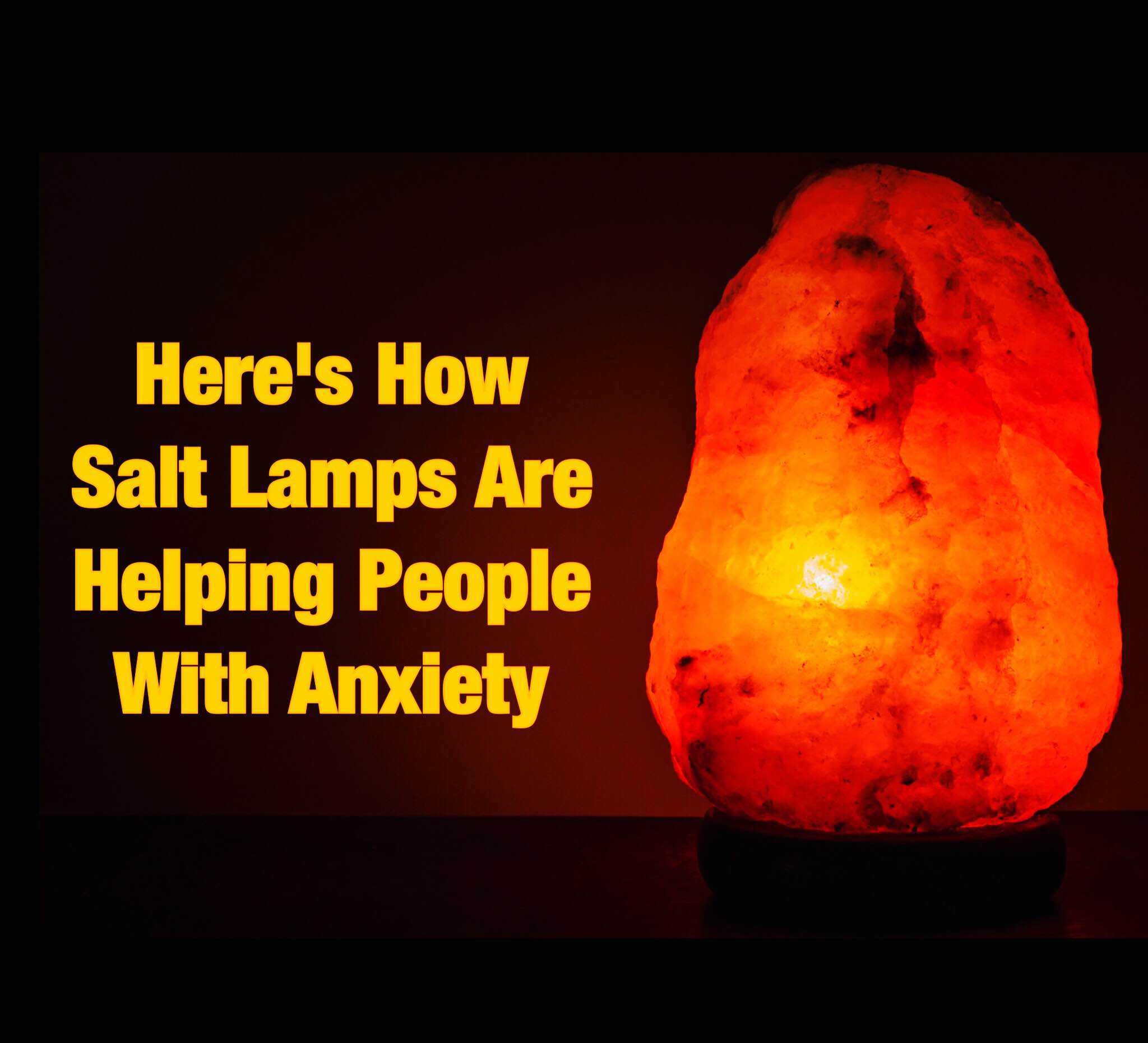There are family secrets hidden in the corners of the minds of most of the people you see every day. Each closet has a few skeletons inside. Indeed, some of these secrets linger in the quiet halls of family homes. Silent agreements hang over them, unspoken rules to not discuss, share, or even think about what you all collectively know.
Research indicates that most people have about five or so deep secrets that they’ve never shared with others. The experience of secrecy can be isolating and may even harm both mental and physical health, yet we all take part in the habit. With family secrets, there’s an additional layer of nuance. Multiple people know something dark, terrible, or shameful, and they are all bound by a silent code of honor to keep that knowledge to themselves.
Sometimes, family members find out about these secrets on their own over time. Other times, older family members do all they can to stop the younger generation from learning the secret. Or, occasionally, family secrets are small ones, known on an individual level, and kept hush-hush from the rest of the family. For example, maybe you caught someone in an affair or learned something about a sibling they don’t want anyone else to know.
But no matter what the context is behind a family secret, the fact is that keeping those secrets can cause significant harm. We’ve already known for a long time that individual secrecy has downsides to an extreme degree. It’s no surprise, then, that this still applies on a grander scale. Here are the harmful impacts of keeping family secrets.
1. Family Secrets Create Motivational Conflict
Motivational conflict refers to a state where you experience two different forms of motivation that go against each other. It exists across some conditions of secrecy, and expert researchers have studied the phenomenon, among other facets of the subject.
The primary goal of keeping any secret, whether on an individual or family level, is to conceal it. This requires, by default, that you have to keep this information away from other people. You fear the consequences of the secret leaking out, so you’re motivated to keep it.
But, at the same time, human beings naturally feel the desire to connect with others. As social creatures, we connect by sharing information. Keeping secrets from others can make you feel disconnected from them and push you into feelings of loneliness. You want to be closer to others, and you want to be open with them, so you’re motivated to share the secret.
What Is Motivational Conflict?
This is what we mean by motivational conflict. There are two motivations here: the desire to keep the secret for fear of consequences and the desire to connect with others. You can only choose to fulfill one of these motivations.
The trouble with secrets is that we know, logically, that you can still try to connect with others while keeping a mystery, but you can’t escape the consequences of telling a secret. This means that you know the best option when choosing between these two evils in this lose-lose situation is to keep the secret. This is how family secrets get perpetuated in a cycle.
There’s a vast difference between keeping a secret and simply not sharing private information. If you willingly share information if someone asks for it, you don’t experience the same kind of motivational conflict as you would with a forcefully concealed secret. Your motivations are in harmony here: you’re motivated to keep things private but not to bury it, so you can still connect with others.
The Untold Harm of Motivational Conflict
Motivational conflict is harmful simply because it’s a lose-lose, no-win situation. But it has additional effects, such as:
- Draining your energy by forcing you to go against one personal source of motivation actively
- Undermining various social relationships and creating feelings of isolation due to the lack of ability to fulfill the social connection motivation to its fullest
- Forcing you to use willpower to avoid sharing the secret constantly
- Placing you in a position where you are always deciding between two motivations, never getting a break
2. Family Secrets Can Damage Relationships
Family secrets are often kept for the sake of the family. That’s pretty ironic because the existence of the secret usually has harmful impacts on the family already! Family secrets can harm these bonds by doing the following things:
· Creating Suspicion and Resentment
There are two ways that family secrets spawn resentment and suspicion. The first way is simple. When a family member learns that many other family members have kept secrets from them, they feel betrayed. They think that they can’t trust their family anymore because of all the lies and deception. The second way is by creating an atmosphere where everyone abides by an agreement to keep a secret. This means that family members keep a watchful and suspicious eye on each other to ensure that everyone is falling in line. If the secret gets out and no one admits to spilling the beans, suspicion turns on random family members.
· Breaking Communication
Families need to communicate to stay in a harmonious relationship with one another. Secrets damage this ability. Family members always feel like they have to hold something back and never talk about their thoughts or feelings regarding the secret. Without communication, no relationships can flourish.
· Pointing Blame
When family secrets are rooted in the actions and behaviors of family members, the blame starts getting tossed around. Family members blame each other for the existence or necessity of the secret. Until that secret is brought out of hiding and openly addressed, nothing can be hashed out or productively discussed. This causes responsibility just to get shifted behind closed doors, where everyone thinks someone else is to blame.
· Harming Next Generations
A lot of family secrets don’t die out with the older generations. They are perpetuated, even when the adults try to keep the kids away from that knowledge. Children are very perceptive and can tell when something is “off” or withheld from them even at a young age. Eventually, these secrets will come out, and the next generation will learn of them. They will then have to shoulder the burdens of these secrets themselves. The cycle will continue with each new generation until a decision is made to stop the spiral. This can also happen in more painful ways: children who believe in an idyllic version of their family will feel betrayed and shattered when they learn the truth.
3. Family Secrets Can Harm Mental Wellbeing
Keeping family secrets is mentally harmful for many of the same reasons that keeping an individual secret can be detrimental to you. There are many mental resources that go into maintaining a facade so that a secret can be safely or accurately kept. This harms your mental state by creating:
· Stress and Anxiety
You have to always be on your guard to avoid revealing a secret. Having to talk to someone and hedging upon the subject of the cover-up can add a lot of stress to your life. You’re always worried that someone will find out the secret or that your family will be suspicious of you for letting it slip if you do.
· Family Secrets Cause Wandering Minds
Family secrets aren’t ever really “positive.” That’s why they’re secrets – they’re subjects of shame or negativity that the family feels they must keep private. When you think about these secrets, your mind is likely to wander to why they must be maintained. You’ll be stuck on negative loops of thought, unable to set them free.
· Isolation and Depression
As previously mentioned, keeping secrets is isolating. Feeling that you’re alone in something can make you feel depressed. You can’t turn to the people around you, so you lose social support and feel even worse. Things might feel helpless or hopeless, especially if you know that you’re unlikely ever to be able to reveal the secret. You know your life will be like this forever, and that’s a depressing thought – that you can’t change or stop the thing that’s making you feel this way.
· Repression
To keep certain family secrets, you may have to repress them. Repression tends to make issues bigger, with studies showing that it can harm your overall well-being. Repression also doesn’t solve the original negative emotion. Instead, it amplifies it over time. You may eventually feel the need to express the secret, making it even more volatile desperately.
Final Thoughts On Some Harmful Impacts Of Keeping Family Secrets
Not all family secrets are significant, and some are fine to keep. For example, one person’s secrets might be their business. They can have the right to decide who to include in their trusted circle of who knows that “secret.” And, of course, if a family secret is positive, like a surprise party, there’s no issue there!
There are also different circles in families. For instance, a nuclear family may be open about some things they won’t share with extended family. Or perhaps one branch of a large family has behaved negatively, or in a toxic way, so they’re excluded from knowing something. Or, maybe a family secret isn’t so much under active concealment as it is just considered something that’s private and not for the knowledge of social media and the general, barely acquainted public.
The bottom line is that each family is unique, and there are essential pieces of context to a lot of family secrets. When determining if a family secret is harmful, you have to consider its nuance. Who is it harming? What would likely happen if the secret came out? Has concealing the secret caused stress, strain, and toxic dynamics between family members?
Living with family secrets and their harmful impacts is difficult. But facing them and being open with them, breaking the seal of silence, may be even harder. It can damage a family entirely and create huge rifts there. One must think cautiously before airing “dirty laundry” from their family. Approaching the topic with tact, empathy, and a desire for strengthening family bonds is the best way to begin.



















